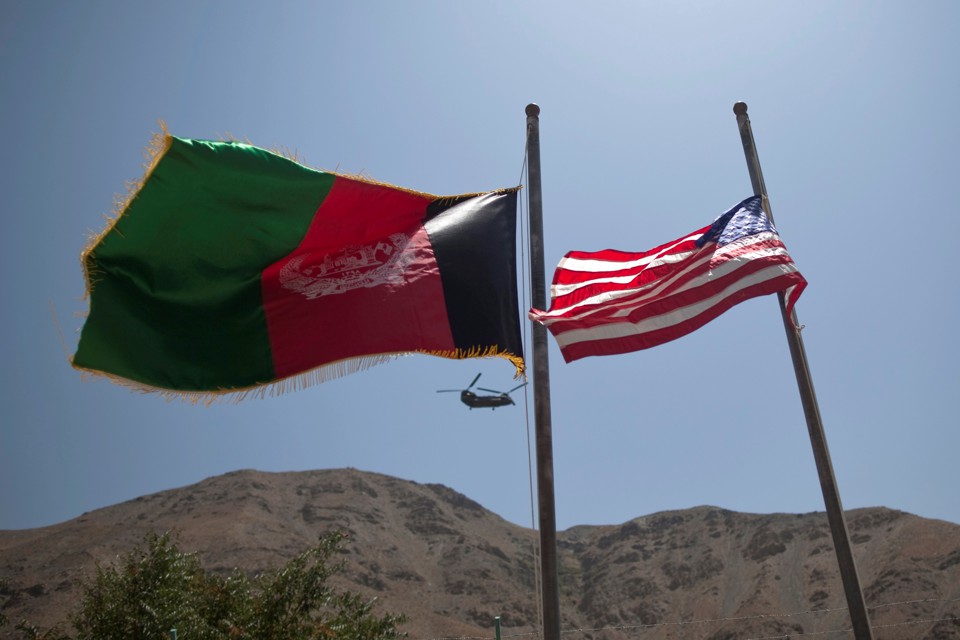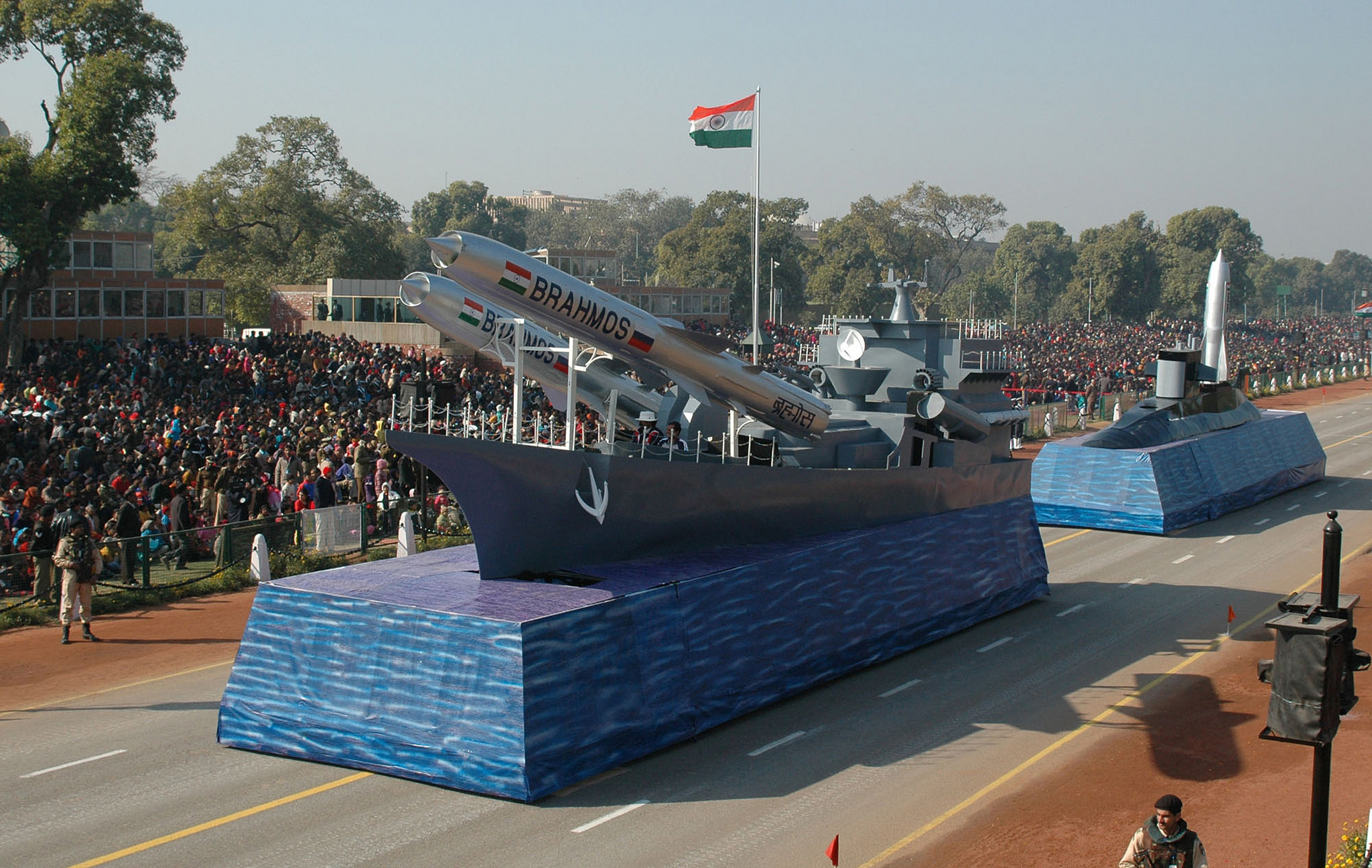BARRY R. POSEN
 The Trump administration, as well as its critics, are reportedly wrestling with the question of a new strategy for the war in Afghanistan, where the government has shown no signs of being able to turn the tide in the 16-year war against the Taliban. General John Nicholson, the commander of U.S. forces in Afghanistan,with support from Secretary of Defense James Mattis and National Security Adviser H.R. McMaster, has asked for more troops, apparently in service of a strategy that, for the moment, seeks simply to “not lose.” President Trump has granted this request in principle, but these reinforcements have not yet been dispatched, because the president's advisors seem to believe that he is not committed to stay the course. Instead, a strategic review is underway. Meanwhile, Senator John McCain has offered his own strategy for Afghanistan, which appears to be the “old” strategy, with the admixture of a commitment to stay forever and provide the commanders with a blank check for forces and money to do so.
The Trump administration, as well as its critics, are reportedly wrestling with the question of a new strategy for the war in Afghanistan, where the government has shown no signs of being able to turn the tide in the 16-year war against the Taliban. General John Nicholson, the commander of U.S. forces in Afghanistan,with support from Secretary of Defense James Mattis and National Security Adviser H.R. McMaster, has asked for more troops, apparently in service of a strategy that, for the moment, seeks simply to “not lose.” President Trump has granted this request in principle, but these reinforcements have not yet been dispatched, because the president's advisors seem to believe that he is not committed to stay the course. Instead, a strategic review is underway. Meanwhile, Senator John McCain has offered his own strategy for Afghanistan, which appears to be the “old” strategy, with the admixture of a commitment to stay forever and provide the commanders with a blank check for forces and money to do so.
But these approaches, which will reportedly be discussed at a meeting at Camp David on Friday, misunderstand the dilemma. For America, the perhaps-counterintuitive answer in Afghanistan may be that only by reducing its presence, or withdrawing completely, can it advance the full range of its strategic interests.











 . Bush ignored the warnings.
. Bush ignored the warnings.






/arc-anglerfish-arc2-prod-mco.s3.amazonaws.com/public/WZSYZKR35JDG5AIU5XWG2XGNLM.jpg)
/arc-anglerfish-arc2-prod-mco.s3.amazonaws.com/public/LJOASX5UJVEAXHUYFPCYGIEXNQ.jpg)


